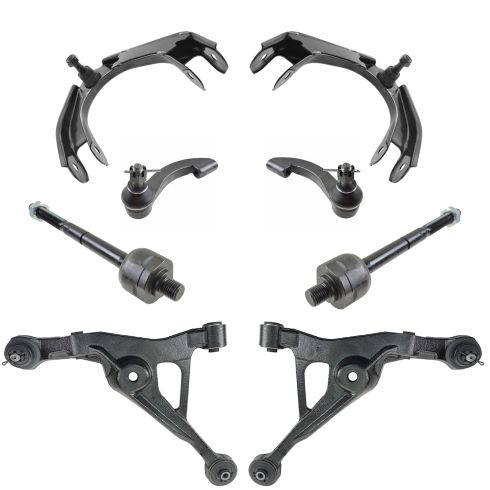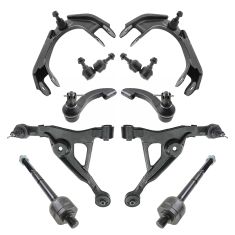1ASFK05780-Dodge Chrysler Plymouth Front 8 Piece Steering & Suspension Kit TRQ PSA63502

Replaces
2005 Dodge Stratus Sedan Front 8 Piece Steering & Suspension Kit TRQ PSA63502

Product Reviews
Loading reviews
There are no reviews for this item.
Customer Q&A
No questions have been asked about this item.
Dodge is a registered trademark of FCA US LLC. 1A Auto is not affiliated with or sponsored by Dodge or FCA US LLC.
See all trademarks.















